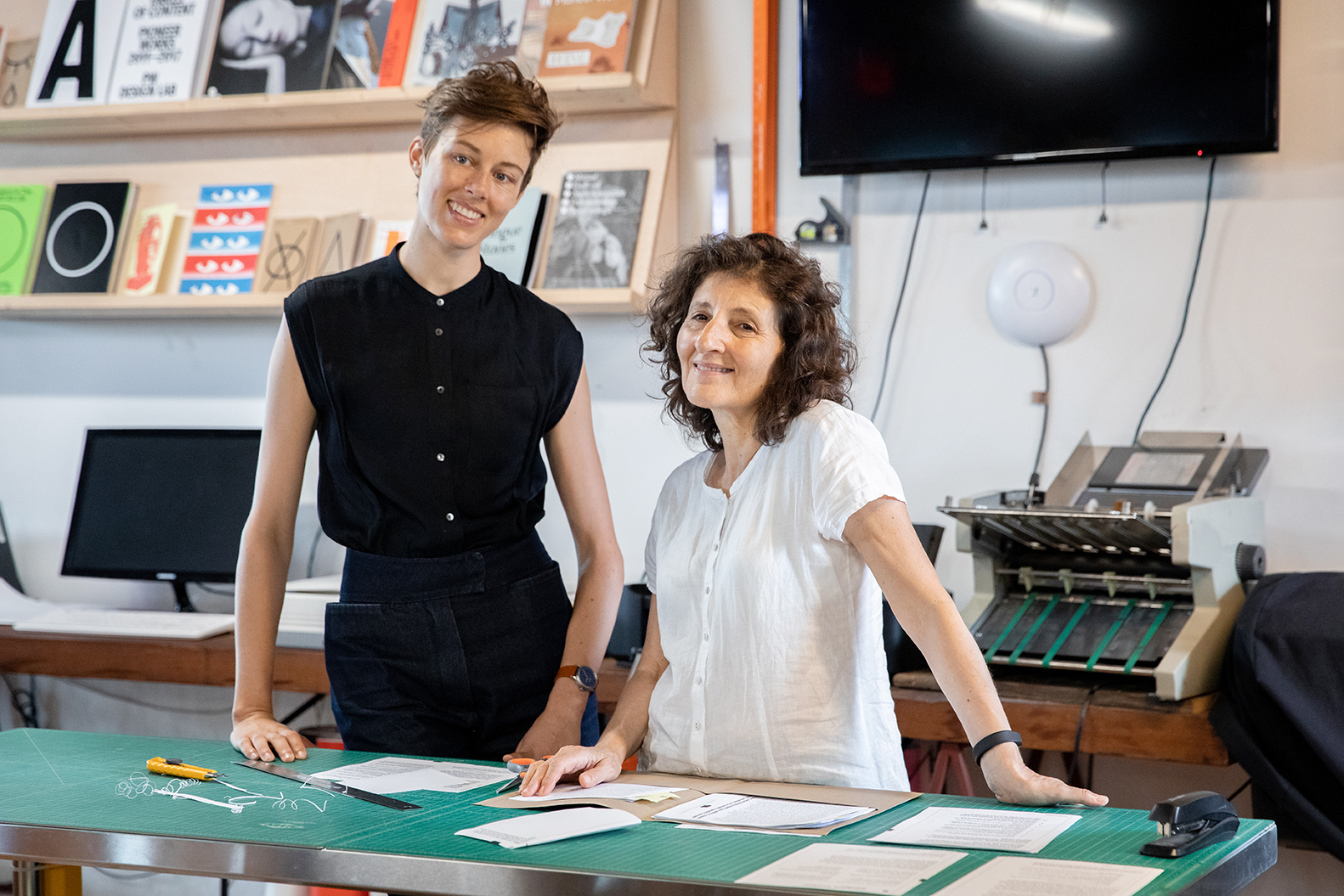How We Work

In 2014, we (Susan and Caroline), along with Vicky Virgin and Agnes Szanyi, as well as former BFAMFAPhD collective member Blair Murphy, published Artists Report Back to raise awareness about art student debt, to suggest how established artists and recent arts graduates might advocate for one another, and to propose cultural equity initiatives to recognize and strengthen solidarity art economies in the United States. This book grew out of that work.
While the focus of our writing here will be about our experiences working in the collective BFAMFAPhD, collectivity has sustained our academic and artistic lives. For Susan, this has meant being an art editor for the journal Rethinking Marxism from 1992–2014, co-founding a collective for art educators called the Pedagogy Group, and joining BFAMFAPhD in 2013; for Caroline, this has meant co-founding barter networks OurGoods.org and TradeSchool.coop from 2008–2016, making media for the economic justice collective SolidarityNYC from 2009–2012, and founding BFAMFAPhD in 2013.
Throughout this project, we have focused on the phase of the lifecycle that we call “Labor” and the capacity that we have made a commitment to is “Connection: I am reliably able to form and sustain trusting, authentic relationships and to compel others to a shared vision. I am a supportive presence amid difficulty. I am able to give and receive grounded, useful feedback.” In this chapter, we will describe the pleasures and pains of forming and sustaining trusting, authentic relationships while working together. We will share stories about the roles we have taken in order to complete this project. We recognize that we have chosen to focus on “labor” and that other phases do not embody our commitment to connection in the ways that we desire. See Acknowledgements for more.
We will begin with our experience together as two members of BFAMFAPhD and will follow this writing with our individual histories in and outside of the academy. BFAMFAPhD is a collective that employs visual and performing arts, policy reports, and teaching tools to advocate for cultural equity in the United States. The work of the collective is to bring people together to analyze and reimagine relationships of power in the arts. Additional members of the collective include Emilio Martinez-Poppe, Emily Tareila, Agnes Szanyi, and Vicky Virgin. We will end this chapter by reflecting on our work ahead, and sharing a document called “How to Start a Pedagogy Group.”
Download the full chapter: How We Work as a PDF